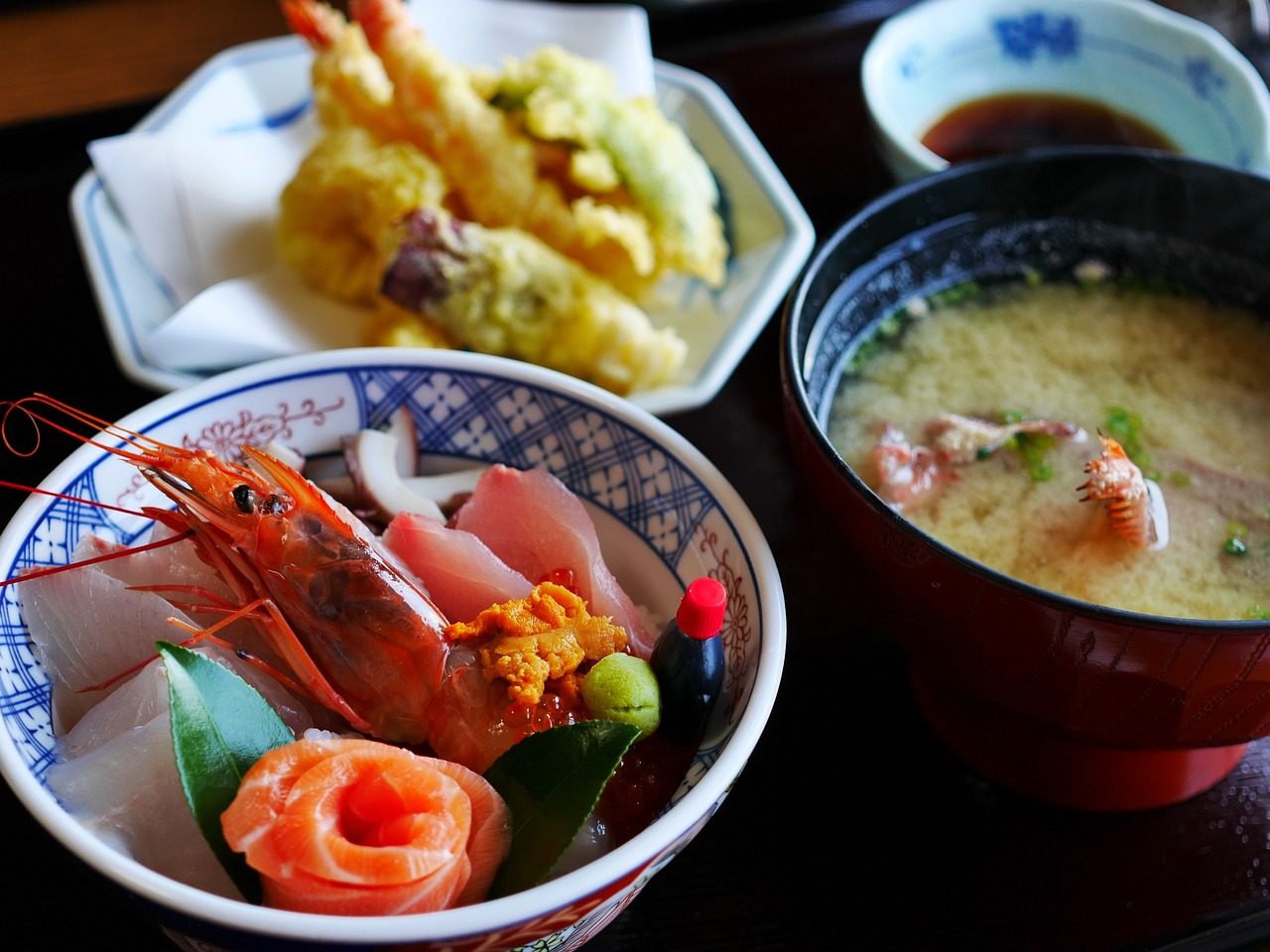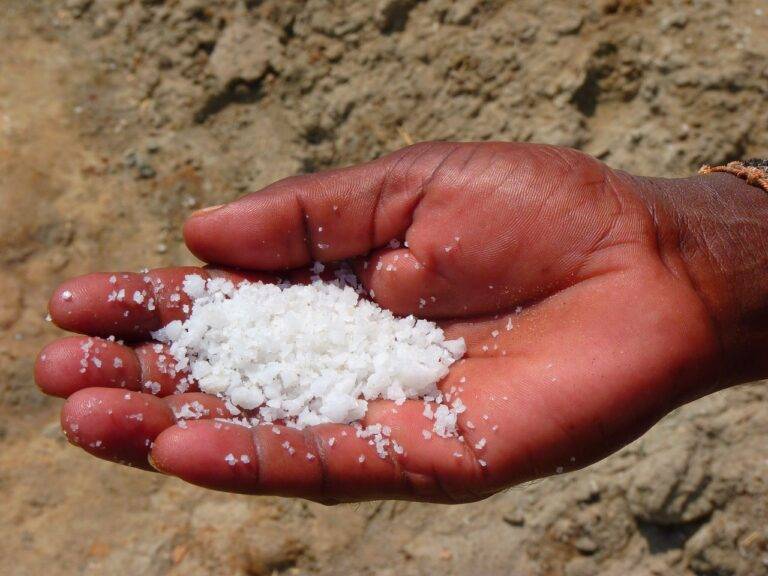The Future of Sustainable Seafood: Addressing Overfishing and Marine Conservation
Sustainable seafood plays a crucial role in ensuring the health of our oceans and marine ecosystems. By choosing seafood that is harvested responsibly, consumers can help support the conservation of fish populations and protect vulnerable species. Sustainable fishing practices also help to minimize the environmental impact of commercial fishing activities, such as bycatch and habitat destruction.
Additionally, sustainable seafood promotes the well-being of coastal communities that depend on fishing for their livelihoods. By supporting fisheries that prioritize sustainability, consumers can contribute to the economic stability of these communities and help preserve their way of life. Choosing sustainable seafood is not only beneficial for the environment but also for the people who rely on healthy oceans for food and income.
Challenges Facing Marine Ecosystems
Marine ecosystems around the world are under immense pressure due to human activities such as overfishing, pollution, and climate change. The overexploitation of fish stocks has disrupted the delicate balance of marine food chains, leading to declines in fish populations and threatening the survival of many species. Additionally, pollution from plastic waste, oil spills, and agricultural runoff has resulted in habitat destruction and the accumulation of harmful toxins in the oceans.
Climate change is exacerbating the challenges faced by marine ecosystems, with rising sea temperatures causing coral bleaching, ocean acidification impacting shell-forming organisms, and changing ocean currents affecting marine life migration patterns. These environmental stressors are pushing marine ecosystems to their limits, making it crucial for immediate action to be taken to protect and preserve these vital systems for future generations.
Why is sustainable seafood important for marine ecosystems?
Sustainable seafood practices help to ensure that fish populations are not overfished, which helps maintain the balance of marine ecosystems.
What are some of the main challenges facing marine ecosystems today?
Some of the main challenges facing marine ecosystems include overfishing, pollution, habitat destruction, and the impacts of climate change.
How can individuals help to protect marine ecosystems?
Individuals can help protect marine ecosystems by choosing sustainable seafood options, reducing their carbon footprint, participating in beach clean-ups, and supporting organizations that work to protect the oceans.
Why is it important to address the challenges facing marine ecosystems?
It is important to address the challenges facing marine ecosystems because healthy oceans are essential for biodiversity, food security, and the overall health of the planet.





